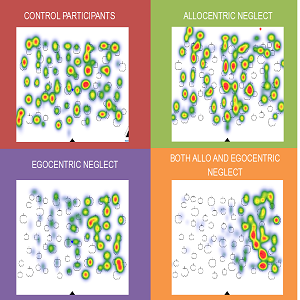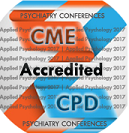
Maya Libben
University of British Columbia, Canada
Title: Allocentric vs Egocentric neglect in stroke patients: Assessment through eyetracking and impacts on functional outcome
Biography
Biography: Maya Libben
Abstract
Statement of the Problem: Hemispatial neglect is defined as a failure to report, respond, or orient to stimuli on the contralesional side of space. Despite affecting up to two-thirds of right-hemisphere stroke patients, neglect is a relatively poorly understood phenomenon. Of importance to rehabilitation and clinical outcome studies is the differentiation between viewer-centered or egocentric neglect, and stimulus-centered or allocentric neglect. The current study aimed to a) develop a novel method of assessing neglect subtypes using eye-tracking technology; b) investigate specific patterns of attention associated with each subtype; and c) determine the relationship between neglect subtype and functional outcome.
Methodology: Twenty acute stroke patients and twenty matched controls were administered comprehensive neuropsychological assessment batteries, a traditional pencil-and-paper assessment of neglect subtype a novel eye-tracking measure of neglect subtype and a functional outcome measure.
Findings: The eye-tracking measure was more sensitive in identifying neglect subtype in patients than the traditional pencil-and-paper test. The eye-tracking measure also demonstrated adequate specificity, with control participants scoring as normal. Classification of neglect subtype based on eye-tracking performance was a significant predictor of functional outcome above and beyond neuropsychological test performance and traditional tests of neglect. Analysis of early (automatic) vs. late (controlled) eye movement data suggest that early mechanisms of attention remain intact among neglect patients, and that deficits lie in later controlled stages of attention.
Conclusion & Significance: The current results have significant implications for methods of assessing hemispatial neglect to better predict long-term prognosis. Results indicating deficits in controlled mechanisms of attention will be fundamental in directing rehabilitative treatment for individuals suffering from both ego and allocentric neglect.


